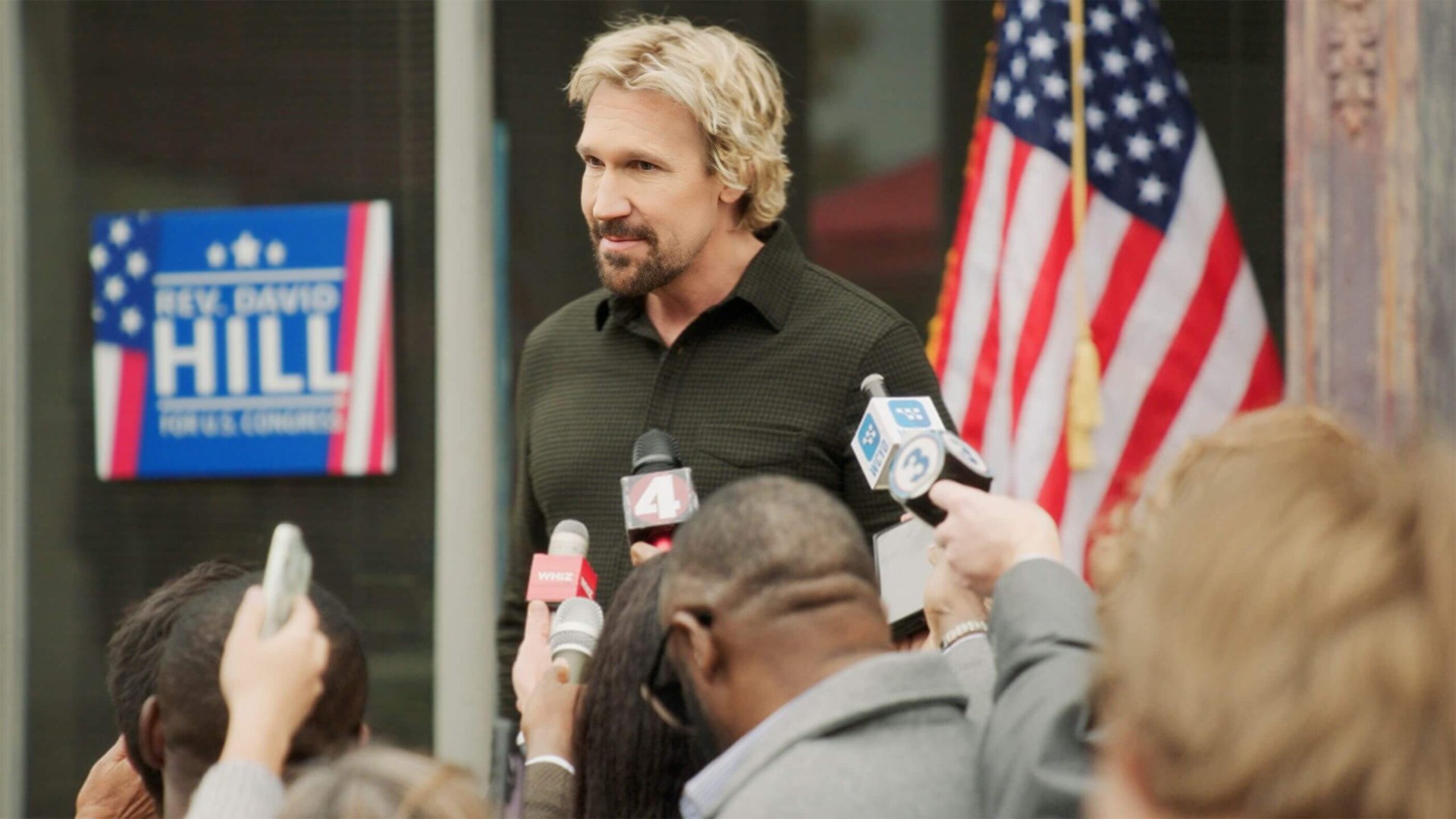As I write this, the Olympics are streaming into our living rooms. I watch with a particular interest. In what seems like another life, I was a national champion gymnast and Olympic hopeful before my career ended in a catastrophic spinal injury. But I love the Olympics with every fiber of my being and enjoy watching how elite athletes respond to the planetary pressure of the world’s biggest competition.
Often, when they commence the competition, the athletes are on their heels. The moment has finally arrived. They’re daunted. Afraid of making a mistake. This makes them passive, tentative, and ironically more likely to fall. They had set out on a good quest to slay the dragon. It turns out that when they get there, the dragon is enormous.
If they’re lucky, they have time to recover. The men’s gymnastics team in Paris competed the first round on their heels—and fell. In the second round, they came out charging—and won the first men’s team medal in a generation.
This is one of the things you learn as an athlete. You cannot wait for the dragon to attack you. You need to attack the dragon.
What’s the dragon of our time? Is it outside the camp, some external enemy that threatens the future of the church, perhaps the progressive program of a hostile secular culture? As much as I disagree with that program, I don’t believe it is. Or is it a certain individual or circle of individuals, false shepherds, who have betrayed the faith and misled the faithful? I don’t believe that is the answer either.
Let the church be the church, and the gates of hell shall not prevail against it. Let us preserve our first love, and the deceivers will not seduce us. In other words, the dragon is not them. The dragon is us—the sin in our hearts, the beam in our own eye, the ways we so easily lose sight of our Savior, neglect our first love, and tear one another apart in pursuit of worldly ends. That dragon is destroying and dividing the church. That dragon is robbing the world of its witness to the kingdom of God’s grace and truth.
With this issue, we announce the first campaign in our 68-year history. The One Kingdom Campaign is our good quest—and our invitation to you—to defeat the dragon together. It is an effort to reenchant the church with Christ and his kingdom, recast a captivating vision of what it means to follow Jesus and regather a community around that vision. It is an effort to help the church be the church again.
To be clear, we are not the dragon slayers. You are. The little old lady who has taught Sunday school every week for 50 years is. The missionary who sets out to the far corners of the planet is. The businessperson or scientist or artist who infuses their faith into everything they do. The pastor who preaches faithfully. The parents who show the love of Christ to their little ones. Even the wounded believer who speaks up and says the church can do better.
You are the dragon slayers. We are the storytellers. Christianity Today is a great storyteller for the global kingdom of God. We need the stories that lift up the eyes of the church, that show what God is doing all around the planet. Stories that unite us across continents, across generations, and across ethnic and political divides. Stories that remind us what it means to love Jesus and represent him even in the darkest places of the world.
We will continue to share more with you about this campaign—but for now, most importantly, we ask you to prayerfully be a part of it. We cannot do this without you. See the brochure with this issue we have included, or visit OneKingdom.ChristianityToday.com, to learn how you can join this quest. Because it’s your quest as much as ours.
We must attack the dragon. And it’s going to take all of us.
Timothy Dalrymple is president and CEO of Christianity Today.






























































